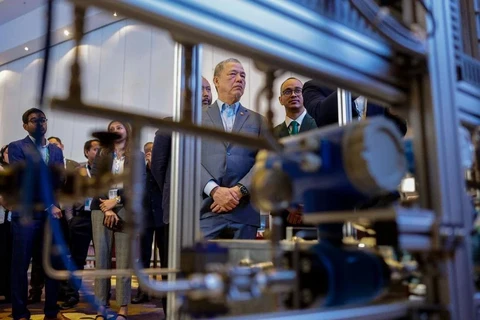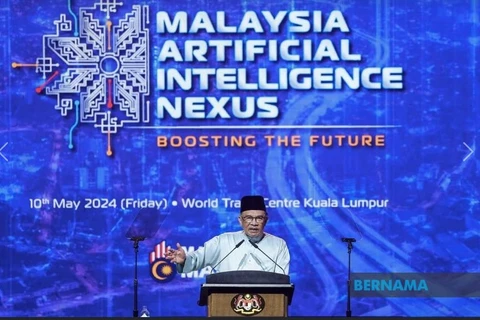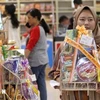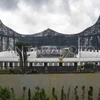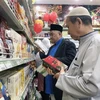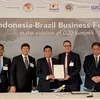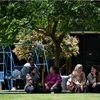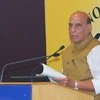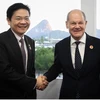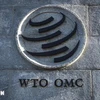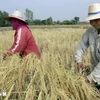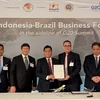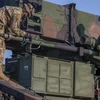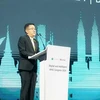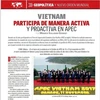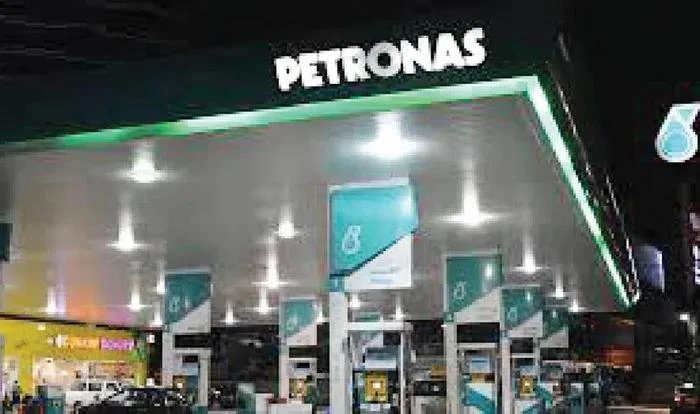
Kuala Lumpur (VNA) – The implementation of a targeted diesel subsidy for consumers in Malaysia is expected to help the country save 4 billion RM (nearly 850 million USD) annually, contributing to strengthening the government's fiscal position, improving resource allocation, and reducing fossil fuel consumption and carbon footprint.
Prof Yeah Kim Leng from Malaysia’s Sunway University said the rationalisation is anticipated to benefit both the economy and the government by demonstrating a commitment to necessary reforms for fiscal sustainability and economic efficiency.
The government's move to rationalise fuel subsidies, starting with diesel, is being carefully executed with various targeted groups shielded from price increases through fleet cards and cash transfers.
The targeted subsidies will mitigate the adverse impact on inflation while generating substantial savings, particularly by reducing leakages and cross-border smuggling, he said.
Prime Minister Datuk Seri Anwar Ibrahim on May 22 announced that his Cabinet agreed to implement a targeted diesel subsidy for consumers in Malaysia.
To curb drastic rises in the prices of goods and services, the government will provide subsidies for traders using commercial diesel vehicles including ten types of public transport vehicles and 23 types of goods vehicles under the diesel subsidy control system.
In addition, the government has agreed to provide cash assistance to eligible private diesel vehicle owners, including smallholders, farmers, and traders.
Yeah said that transport costs will hardly rise as most operators are provided with targeted subsidies. However, authorities need to tighten control to prevent unjustified price increases by businesses, especially in the transport sector.
Meanwhile, Bank Muamalat Malaysia Bhd's chief economist Mohd Afzanizam Abdul Rashid said the money saved from the subsidies will be used in education, healthcare and infrastructure development./.
